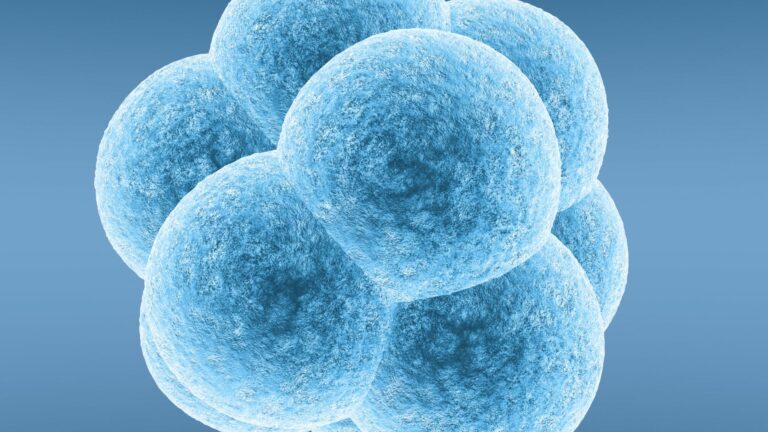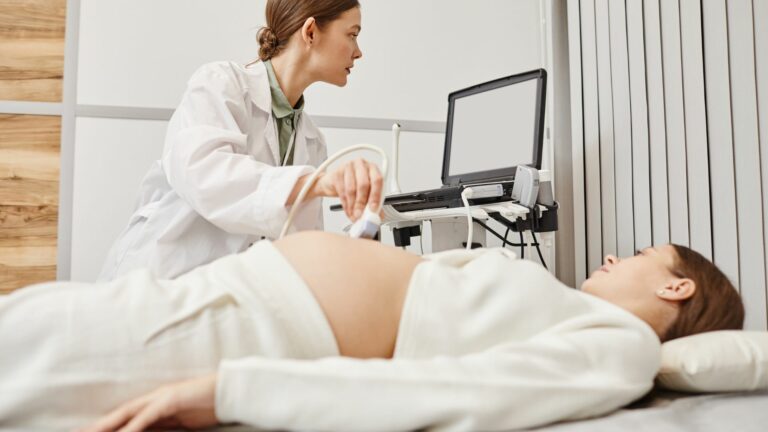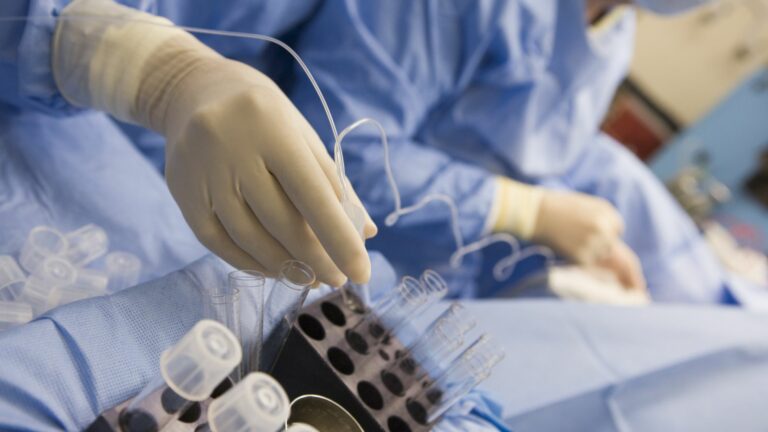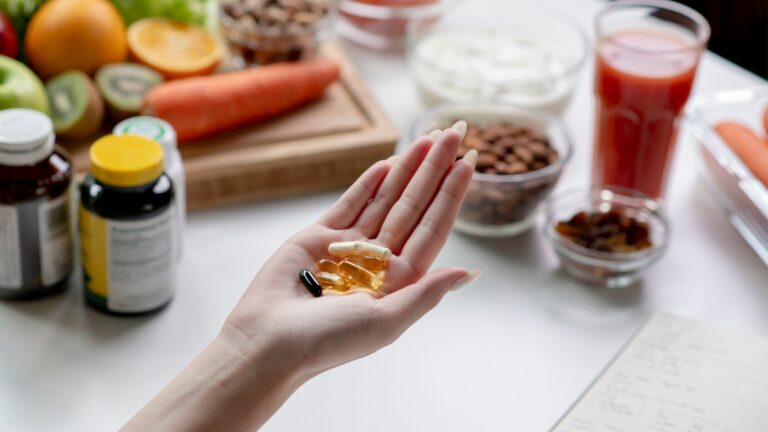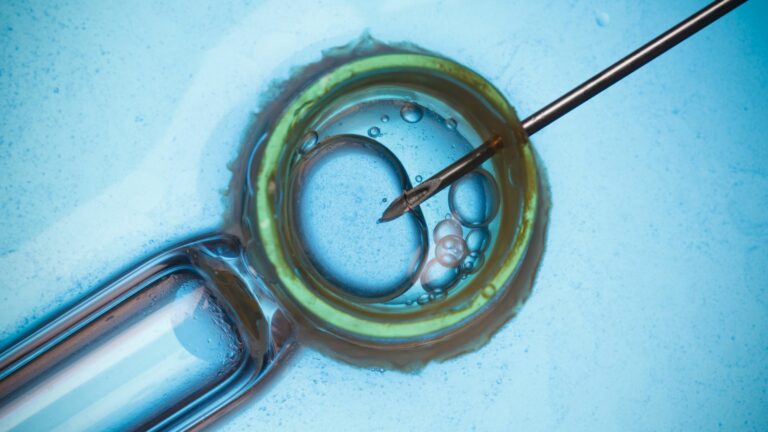
In vitro fertilization (IVF) provides hope for those struggling to conceive, but lifestyle factors like alcohol and caffeine consumption can impact its success.
Understanding how these substances affect fertility allows hopeful parents to make informed decisions with their doctors to boost their chances.
Key Takeaways
| Insight | Explanation |
|---|---|
| Alcohol can harm egg/sperm quality and embryo implantation | Even moderate intake may lower IVF pregnancy and live birth rates |
| Caffeine’s effects on IVF are less clear but moderation advised | High caffeine could theoretically disrupt hormones and uterine blood flow |
| Full abstinence optimal but reducing intake helps if not possible | Limit caffeine to 200-300 mg/day; have honest talk with doctor for personalized plan |
| Holistic wellness crucial during IVF beyond simply avoiding alcohol/caffeine | Nutrition, exercise, stress management, and sleep all play vital roles in outcomes |
1. Alcohol’s Impact on IVF: What the Research Shows
When it comes to optimizing IVF success, research strongly suggests minimizing alcohol intake as much as possible. Here’s why:
For women undergoing IVF, alcohol consumption can:
- Disrupt healthy egg development, reducing fertilization chances
- Interfere with the uterine environment, impeding embryo implantation
- Potentially increase miscarriage risk, especially early in pregnancy
Meanwhile, alcohol’s effects on male fertility relevant to IVF include:
- Lowering sperm count and motility
- Altering sperm morphology, making fertilization more difficult
- Disrupting hormonal balance necessary for sperm production
One study found that even moderate alcohol intake of more than 7 drinks per week was associated with decreased IVF pregnancy and live birth rates.
Actionable Steps
- Have an open conversation with your fertility specialist about your current alcohol habits and get their specific recommendations.
Clinics like Indore Infertility Clinic and Madurai Fertility Center offer personalized guidance. - If possible, it’s ideal to completely abstain from alcohol before and throughout the IVF process. This gives you the best shot at success.
- If full abstinence proves difficult, work on significantly cutting back your consumption, starting even before your IVF cycle begins.
Every reduction helps! Fertility centers in Lucknow and Siliguri can provide strategies for reducing intake.
What has your experience been with navigating alcohol intake during fertility treatments? Let me know in the comments below.
2. Caffeine Considerations: A More Nuanced Picture
Unlike the relatively conclusive evidence around alcohol and IVF, research on how caffeine impacts IVF outcomes paints a murkier picture:
- Some studies suggest moderate caffeine intake has minimal effect
- Other findings raise concerns about high consumption levels
The theoretical issues with excessive caffeine during IVF include:
- Disrupting the delicate hormonal balance essential for successful ovulation, fertilization, and pregnancy
- Constricting blood vessels and potentially reducing uterine and ovarian blood flow
- Exacerbating the anxiety and stress already common with IVF
The Bottom Line
While there’s no definitive verdict that caffeine categorically lowers IVF success rates, the smart approach is one of moderation. Experts generally advise:
- Limiting daily caffeine intake to a maximum of 200-300mg (about 2 cups of coffee) during IVF
Action Items
- Track your caffeine consumption, keeping in mind less obvious sources like tea, soda, energy drinks, and chocolate
- Read food and drink labels carefully to tally your daily total
- Experiment with decaf coffee, herbal teas, and caffeine-free sodas as substitutes
- As always, consult your doctor about your specific caffeine habits and get their personalized guidance. IVF specialists in Navi Mumbai and Kanpur can offer targeted advice.
How have you adjusted your caffeine habits while navigating infertility? Share your strategies in the comments!
3. IVF and Whole-Body Wellness: The Big Picture
While being mindful of alcohol and caffeine intake matters, IVF success hinges on far more than simply cutting out those substances.
It’s crucial to take a holistic approach to your health:
Pillars of IVF-Friendly Wellness
- Nutrition: Focus on whole foods, ample fruits and veggies, and lean proteins. The IVF diet is all about balance! Fertility nutrition in Gurgaon and Visakhapatnam can guide your eating plan.
- Movement: While your exercise needs may change during treatment, staying active with your doctor’s okay is vital. Aim for moderate movement on most days. Jaipur IVF clinics and Thane fertility centers often have activity recommendations.
- Stress relief: IVF is emotionally taxing. Prioritize proven stress-busters like meditation, yoga, or counseling if needed. Your mental health matters! Consider services in cities like Nagpur and Lucknow.
- Sleep: Clocking 7-8 hours of quality rest each night supports your overall health and hormone regulation, both key for IVF. Sleep tips from Surat experts and Bhopal specialists may help.
How do you practice self-care during the IVF rollercoaster? What nourishes your mind and body during this journey? I’d love to hear your wellness tips below!
4. Collaborate with Your Doctor for Personalized Guidance
Your fertility specialist is your ultimate resource for tailoring alcohol and caffeine recommendations to your unique IVF situation. Foster an open dialogue with them to develop a realistic plan together.
Before Your Appointment
- Log your recent alcohol and caffeine consumption patterns. Consider tracking apps suggested by Ranchi fertility clinics.
- Jot down any specific questions or concerns about modifying your intake
- Bring a way to take notes during your discussion
During Your Visit
- Be fully transparent about your current habits to get the most accurate advice
- Raise any anxieties about reducing or eliminating alcohol and caffeine to troubleshoot solutions with your doctor
- Work collaboratively to craft a plan that balances expert recommendations with your individual circumstances. Mumbai IVF centers and Delhi fertility specialists excel at personalized care.
What has your experience been with talking to your doctor about lifestyle factors like alcohol and caffeine during IVF? How did their insights shape your approach? Share your stories in the comments.
The Impact of Alcohol and Caffeine on IVF Success Rates
While research conclusively links alcohol consumption to decreased IVF success, the data around caffeine is more nuanced.
However, understanding the potential risks can help guide lifestyle choices:
| Factor | Impact on IVF Success Rates |
|---|---|
| Alcohol intake over 7 drinks/week | 21% lower live birth rate per IVF cycle |
| Caffeine intake over 200 mg/day | Mixed findings; some studies show lower pregnancy rates while others find no significant effect |
These statistics underscore why most IVF clinics in India, from Bangalore to Varanasi, advise eliminating or significantly reducing alcohol and moderating caffeine during treatment. Small changes can potentially make a big difference!
Do these numbers change how you think about drinking or caffeine consumption while trying to conceive? Weigh in below!
5. Navigating Abstinence vs. Moderation: A Personal Decision
Deciding between completely cutting out alcohol and caffeine or simply reducing your intake during IVF is highly individual.
Here’s how to approach this choice:
| Step | Action |
|---|---|
| 1 | Openly discuss your current consumption habits with your fertility doctor |
| 2 | Get their expert opinion on the best approach for your specific situation |
| 3 | Create a realistic plan together that you feel confident implementing |
| 4 | Focus on progressively healthier habits, even before starting IVF meds or procedures |
| 5 | If quitting entirely feels overwhelming, start by cutting back gradually |
The key is finding a balance between medical recommendations and sustainable lifestyle changes. Small steps in the right direction can make a big impact! Pune IVF specialists and Ghaziabad fertility experts can help guide you.
Poll: Are you Team Abstinence or Team Moderation when it comes to alcohol and caffeine during IVF? Click to vote and see results!
6. The Stress Factor: Acknowledging the Emotional Toll
There’s no sugarcoating it: IVF is an emotional rollercoaster. Sky-high stress levels can wreak havoc on your hormones and overall health, potentially impacting your outcomes.
Prioritizing stress management is just as important as the physical aspects of your fertility journey.
Stress-Busting Strategies to Try
- Mindfulness meditation
- Deep breathing exercises
- Gentle yoga
- Acupuncture or massage
- Journaling
- Talking to a therapist
Remember, there’s no shame in seeking support. Tending to your emotional well-being is a vital form of self-care during IVF. Ahmedabad clinics and Rajkot centers often provide stress management resources.
How do you cope with IVF-related stress? Share your favorite relaxation techniques in the comments below!
7. Finding Your Tribe: The Power of Community
Infertility and IVF can feel incredibly isolating, but you are far from alone. Connecting with others who understand your experiences firsthand can provide invaluable support and validation.
Where to Look for IVF Support
- In-person support groups, like those offered by Patna fertility clinics
- Online forums and communities
- One-on-one therapy with a fertility counselor, available through centers in cities like Noida
- Confiding in trusted friends and family
Seeking out those who have walked this path before you can offer comfort, guidance, and a reminder that you have an entire tribe rallying behind you.
Looking for a listening ear or sage advice? Check out these resources:
- Resolve: The National Infertility Association
- Fertility Network UK
- Online IVF communities
8. Knowledge is Power: Educating Yourself for Empowered Choices
When it comes to maximizing your IVF success, information is your greatest ally.
The more you understand about how lifestyle factors like alcohol and caffeine impact your fertility, the better equipped you’ll be to make confident choices in collaboration with your medical team.
Ways to Continually Learn and Grow
- Stay up-to-date on the latest IVF research
- Consult reputable sources like ASRM and ACOG
- Attend informational events hosted by fertility clinics or organizations
- Participate in Q&A sessions with reproductive specialists
- Read books and articles vetted by the infertility community
Remember, every tidbit of knowledge you gain is a powerful step forward on your journey to parenthood. Kolkata IVF centers and Hyderabad clinics often provide educational resources.
What are your most burning questions about alcohol, caffeine, and IVF? Let’s discuss in the comments section!
The Bottom Line: Small Changes, Big Results
When it comes to alcohol, caffeine, and IVF, even seemingly minor lifestyle adjustments can potentially boost your odds of success.
By understanding how these substances impact your fertility and taking proactive steps to optimize your health holistically, you’re giving yourself and your future family the best possible foundation.
Final Thoughts
- Alcohol intake can negatively impact IVF outcomes for both partner
- Caffeine’s role is less definitive, but moderation is still advised
- Collaborate with your doctor to create a realistic plan for your needs
- Approach IVF wellness from all angles: nutrition, movement, stress relief, sleep
- Seek out knowledge and support to feel empowered each step of the way
Though the IVF journey is rarely simple, know that every mindful choice you make matters. No matter where you are in the process, it’s never too late to start writing the next chapter of your story.
For more evidence-based guidance on maximizing your IVF success, check out these additional resources:
- How to Increase IVF Success: Proven Strategies
- The Psychological Effects of IVF: Understanding and Coping
- Financing Your Family: A Guide to IVF Costs in India
I hope this deep dive into alcohol, caffeine, and IVF has left you feeling informed and empowered to navigate your fertility choices with greater clarity and confidence.
If you found it helpful, I’d be so grateful if you could share it with others who might benefit!
Wishing you all the best on your path to parenthood,
Did this post resonate with you? Have any tips to add? Join the conversation in the comments!

